Category: Case Briefs
-
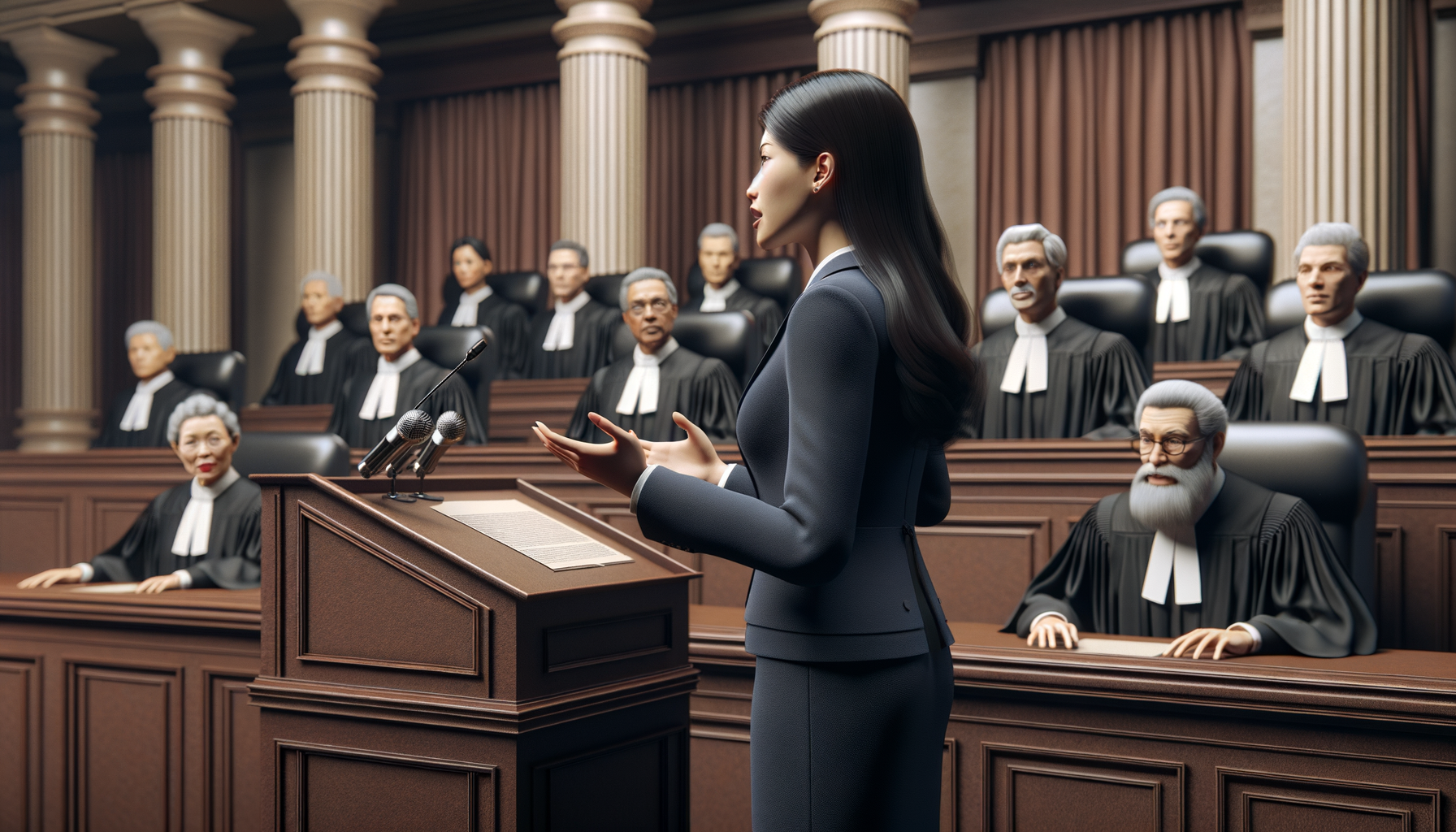
303 Creative LLC v. Elenis (2023)
Brief Summary of 303 Creative LLC v. Elenis Using IRAC Pattern Issue: The issue in the case of 303 Creative LLC v. Elenis (2023) revolves around the question of whether applying Colorado’s Anti-Discrimination Act (CADA) to compel a website designer to create websites for same-sex marriages, despite her religious beliefs that marriage should be between…
-

Obergefell v. Hodges (2015)
Case Summary: Obergefell v. Hodges (2015) Issue: The fundamental issue in Obergefell v. Hodges is whether the Fourteenth Amendment requires a state to license a marriage between two people of the same sex and to recognize a same-sex marriage that was lawfully licensed and performed in another state. Rule: The Due Process Clause of the…
-

United States v. Windsor (2013)
Brief Summary of the Case (IRAC) Issue: Does Section 3 of the Defense of Marriage Act (DOMA), which defines “marriage” and “spouse” as excluding same-sex partners for the purposes of federal law, violate the Fifth Amendment’s guarantee of equal protection under the law for persons of the same sex who are legally married under the…
-

Obergefell v. Hodges (2015)
IRAC Summary: Issue: The issue in Obergefell v. Hodges is whether the Fourteenth Amendment requires states to (1) license marriage between two people of the same sex and (2) recognize a marriage between two people of the same sex when their marriage was lawfully licensed and performed out of state. Rule: The Fourteenth Amendment’s Due…
-

Citizens United v. Federal Election Commission (2010)
IRAC Summary: Citizens United v. Federal Election Commission (2010) Issue: Whether the provisions of the Bipartisan Campaign Reform Act (BCRA) that restrict corporate funding of independent political broadcasts in candidate elections violate the First Amendment’s free speech clause. Rule: The First Amendment to the United States Constitution prohibits Congress from making laws that abridge freedom…
-
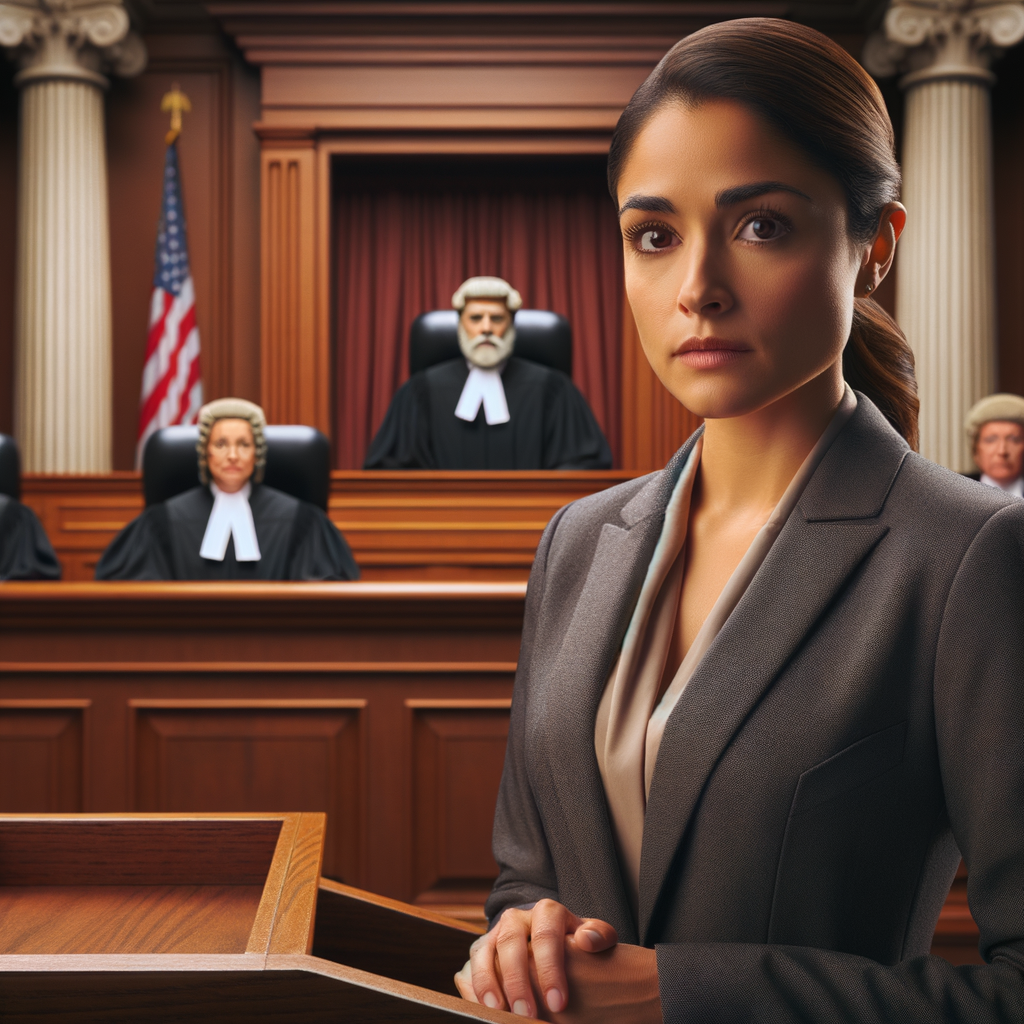
United States v. Nixon (1974)
IRAC Summary: Issue: Whether the President of the United States, Richard Nixon, could claim executive privilege to withhold information, such as tape recordings of Oval Office conversations, requested by a subpoena in a criminal trial. Rule: The U.S. Constitution does not explicitly grant the President an absolute, unqualified privilege to withhold information in the face…
-

Loving v. Virginia (1967)
Brief Summary (IRAC Pattern) Issue: The issue in Loving v. Virginia was whether Virginia’s statutory scheme banning interracial marriages violated the Equal Protection and Due Process Clauses of the Fourteenth Amendment. Rule: Anti-miscegenation laws, which prohibit interracial marriage, are unconstitutional. The Equal Protection Clause requires that laws treat all persons equally, and the Due Process…
-
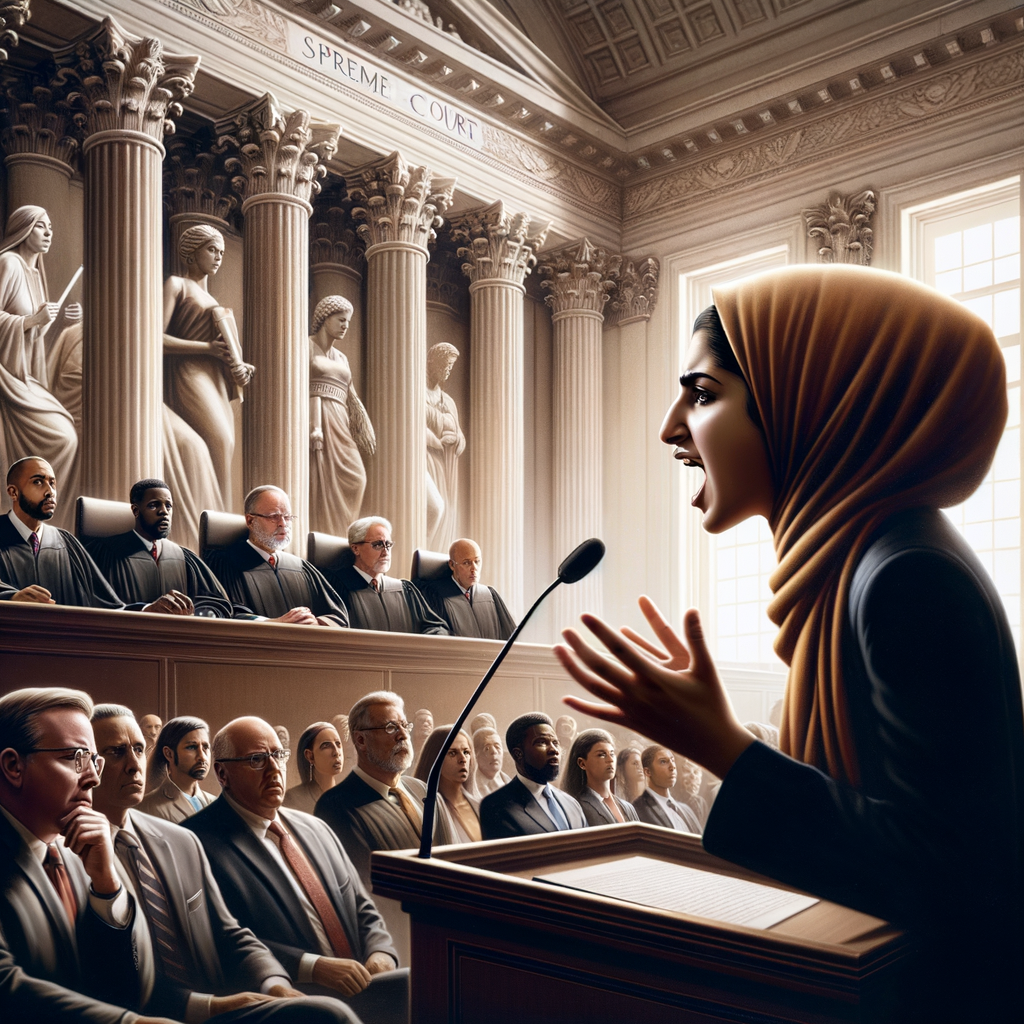
Gideon v. Wainwright (1963)
IRAC Summary of Gideon v. Wainwright (1963) Issue: The issue in Gideon v. Wainwright is whether the Sixth Amendment right to counsel, as applied to the federal government through the Fourteenth Amendment, requires states to provide an attorney for defendants who cannot afford one in all criminal cases. Rule: The Sixth Amendment of the U.S.…
-
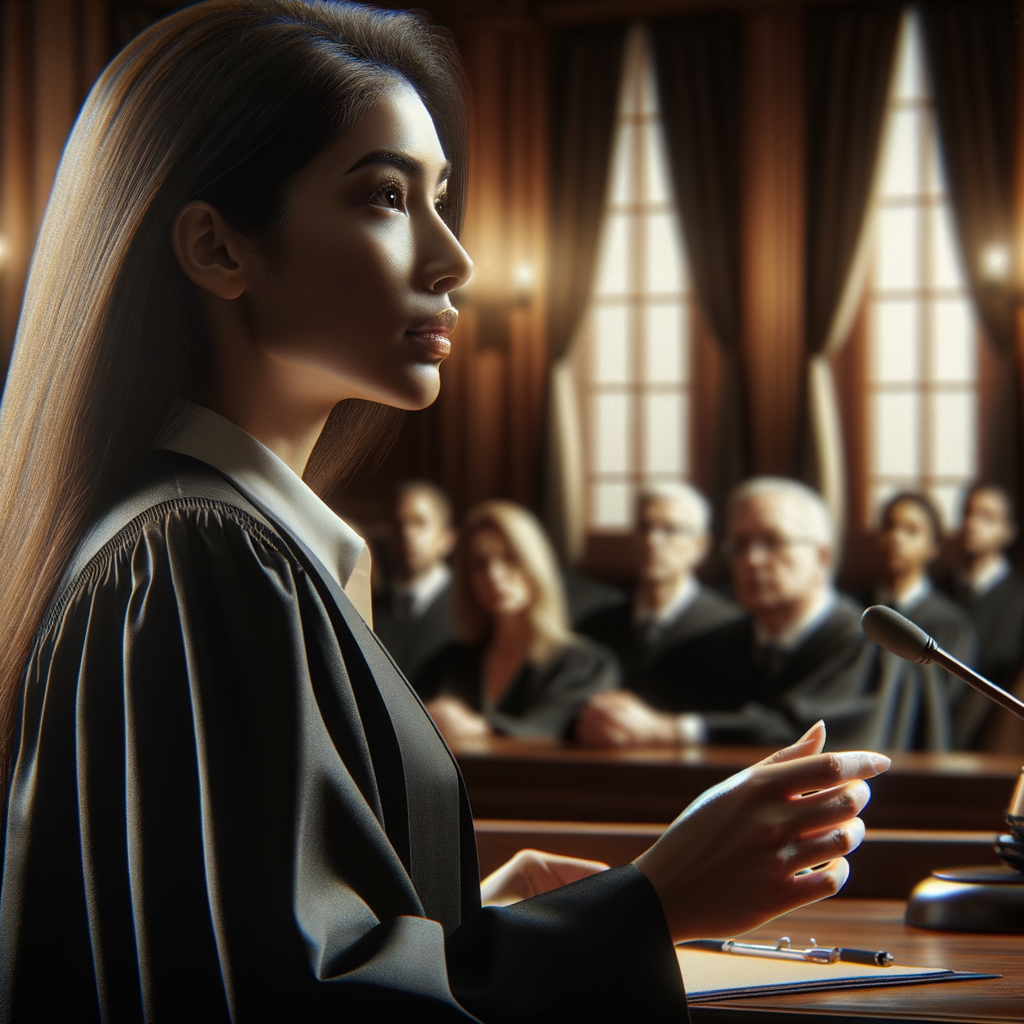
Dred Scott v. Sandford (1857)
IRAC Summary: Issue: The principal issue in Dred Scott v. Sandford was whether Dred Scott, an African American man who had been enslaved, was entitled to his freedom on the basis that he had lived with his master, Dr. John Emerson, in free territories before returning to the slave state of Missouri. A secondary issue…
-

Miranda v. Arizona (1966)
Brief Summary (IRAC Pattern) Issue: Whether the Fifth Amendment’s protection against self-incrimination extends to the police interrogation of a suspect. Rule: The Fifth Amendment requires that law enforcement officials advise suspects of their right to remain silent and to obtain an attorney during interrogations while in custody. Application: Ernesto Miranda was arrested and interrogated by…
-

Roe v. Wade (1973)
IRAC Summary: Issue: Does the Texas statute that criminalizes obtaining an abortion, except by medical advice for the purpose of saving a woman’s life, violate the Constitution of the United States? Rule: The right to privacy, which is found in the due process clause of the 14th Amendment, encompasses a woman’s decision to have an…
-

Brown v. Board of Education (1954)
IRAC Summary Issue: The central issue in Brown v. Board of Education was whether the doctrine of “separate but equal” established by the Plessy v. Ferguson (1896) decision, which permitted state-sponsored segregation in public education, was constitutional under the Equal Protection Clause of the Fourteenth Amendment. Rule: The Fourteenth Amendment’s Equal Protection Clause prohibits states…
-
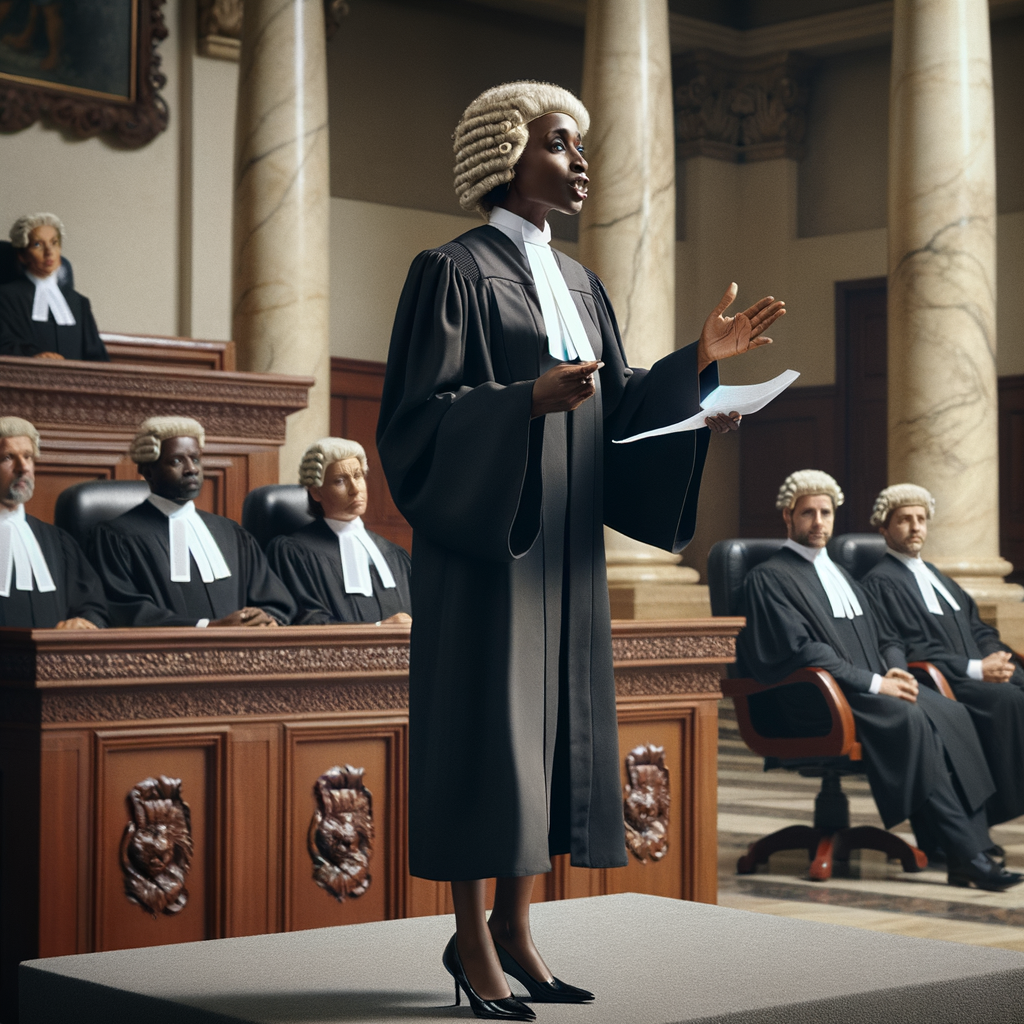
Marbury v. Madison (1803)
Brief Summary of Marbury v. Madison Issue: Whether the Supreme Court has the authority to issue writs of mandamus under the Judiciary Act of 1789, and if so, whether it can compel the Secretary of State to deliver commissions to appointed justices of the peace. Rule: The Constitution is the supreme law of the land,…
-
State v. Shack (1971)
IRAC Summary Issue: The primary legal issue in State v. Shack is whether private property owners can deny access to government assistance providers seeking to aid migrant workers living on their property. Rule: The New Jersey Supreme Court held that property rights are not absolute and can be limited by the necessity to protect the…
-
Grutter v. Bollinger (2003)
IRAC Summary: Grutter v. Bollinger Issue: Whether the use of race as a factor in the student admissions process by the University of Michigan Law School, which aimed to achieve a diverse student body, violates the Equal Protection Clause of the Fourteenth Amendment or Title VI of the Civil Rights Act of 1964. Rule: The…
-
Lawrence v. Texas (2003)
IRAC Summary Issue: The primary issue in Lawrence v. Texas is whether the criminal conviction of two adults for engaging in consensual homosexual conduct in the privacy of a home is a violation of their liberty under the Due Process Clause of the Fourteenth Amendment. Rule: The relevant legal rule comes from the Fourteenth Amendment’s…
-
Crawford v. Washington (2004)
Brief Summary of Crawford v. Washington (2004) Issue The primary issue in Crawford v. Washington was whether the use of a taped statement by the wife of the defendant during his trial violated the Sixth Amendment’s Confrontation Clause, which guarantees a defendant the right to confront witnesses against him. Rule The Confrontation Clause of the…
-
Lujan v. Defenders of Wildlife (1992)
IRAC Summary Issue: Whether the respondents (Defenders of Wildlife) have the requisite standing to challenge a rule promulgated by the Secretary of the Interior interpreting Section 7(a)(2) of the Endangered Species Act of 1973, which limits the scope of the Act to actions taken in the United States or on the high seas. Rule: To…
-
Youngstown Sheet & Tube Co. v. Sawyer (1952)
IRAC Summary: Issue: The primary issue in Youngstown Sheet & Tube Co. v. Sawyer (1952) is whether the President of the United States has the constitutional authority to take possession of and operate most of the steel mills in the country during a labor dispute without congressional authorization. Rule: The Constitution does not explicitly grant…
-
Kelo v. City of New London (2005)
Brief Summary (IRAC): Issue: The primary issue in Kelo v. City of New London was whether the city’s decision to exercise its power of eminent domain to acquire private property for economic development purposes constituted a “public use” under the Fifth Amendment to the Constitution. Rule: The Fifth Amendment to the Constitution, which includes the…